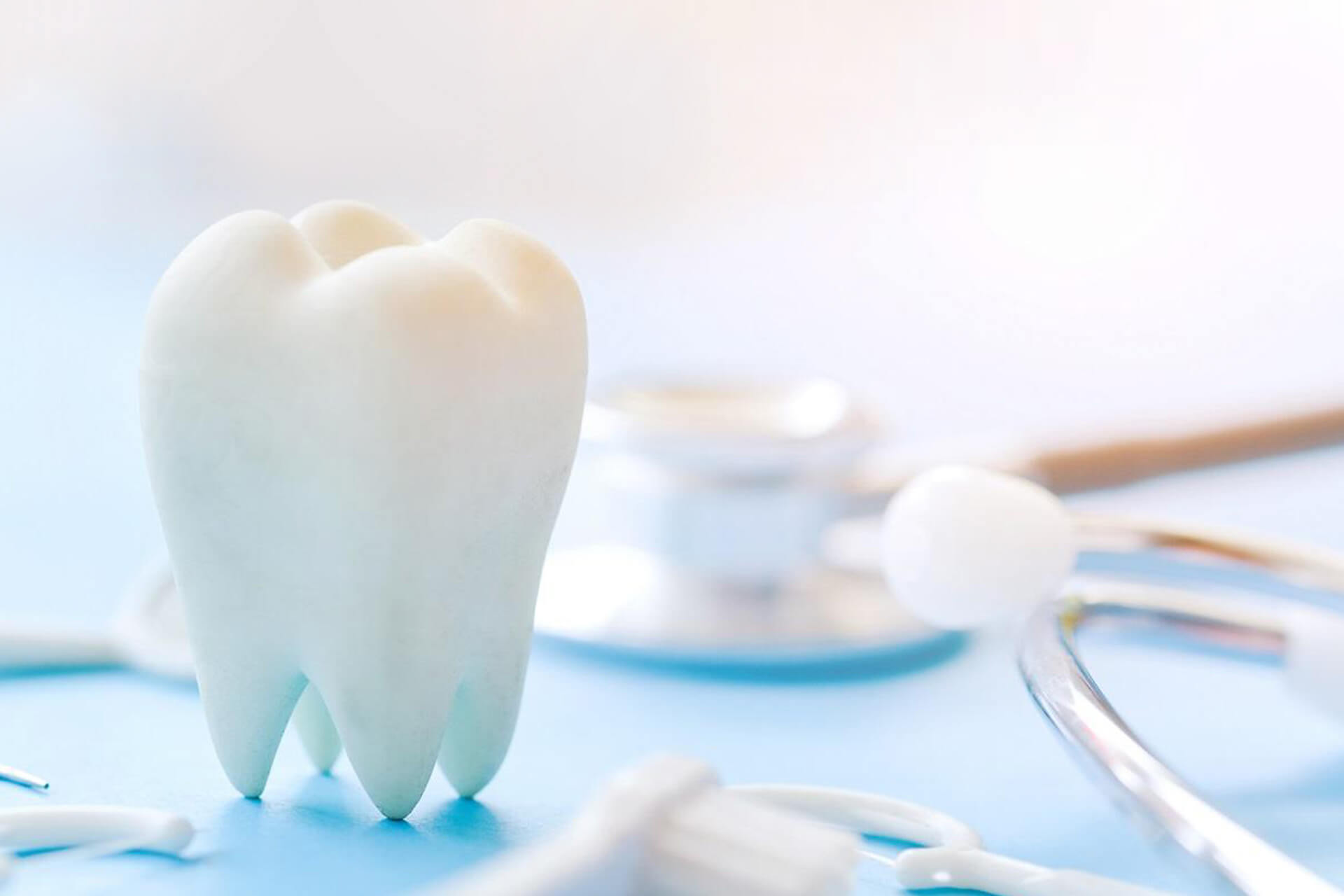
Can Dental Implants Fail? Causes, Risks & How to Prevent It
Think of a dental implant like the foundation of a building; when it’s set properly, everything built on top stays stable for years. But if that foundation doesn’t bond well with the ground or faces constant stress, cracks may eventually appear. Similarly, dental implants are designed to integrate with your jawbone and provide lasting support for tooth replacement; yet, in some cases, complications can occur that affect their success.

The good news? Most dental implants last for decades when properly planned, placed, and maintained. Failures are rare and often preventable with the right care and attention. If you’re considering Dental Implants in Mahim, Mumbai, understanding what can go wrong and how to avoid it will help you make informed choices and ensure your smile restoration stays strong for life. At Suyog Dental Clinic, every implant is placed with precision, planning, and a clear focus on long-term health and function.
Understanding How Dental Implants Work
A dental implant is a small titanium post that replaces the root of a missing tooth. It’s surgically placed into the jawbone, where it fuses through a process called osseointegration. Once stable, a crown or bridge is attached to restore your smile’s appearance and function. Implants mimic the strength and feel of natural teeth, allowing patients to chew, speak, and smile confidently. At Suyog Dental Clinic, patients receiving Dental Implants in Mahim, Mumbai are guided through diagnosis, placement, and long-term care for seamless healing and lasting results.
Can Dental Implants Fail?
Yes — although uncommon when proper protocols are followed. Implant success rates typically range from about 94%–98%. Failures occur when bone integration is disrupted, infection sets in, or after-care is neglected. Identifying risk factors early is crucial to preventing complications.
Types of Dental Implant Failure
- Early implant failure — occurs within the first few months when the implant fails to fuse with the bone. Causes include infection, insufficient bone, or excessive movement during healing.
- Late implant failure — happens months or years later, often due to poor oral hygiene, gum disease, or excessive biting force on the implant.
Common Causes of Dental Implant Failure
- Poor osseointegration — the jawbone does not bond properly with the implant (common with smoking, bone loss, or systemic illness).
- Peri-implantitis (infection) — bacterial inflammation around the implant that destroys supporting bone and gum tissue. Prevention relies on excellent oral hygiene and routine professional cleanings.
- Insufficient bone quality or quantity — implants need adequate bone to anchor; bone grafting or sinus lifts may be required beforehand.
- Excessive biting force or bruxism — teeth grinding can cause micro-movements or stress fractures.
- Inaccurate placement or planning errors — incorrect angulation or depth affects load distribution; digital planning and imaging reduce this risk.
- Smoking and poor lifestyle habits — nicotine reduces blood flow, slows healing, and raises infection risk.
- Systemic conditions — uncontrolled diabetes, autoimmune disorders, or medications that affect bone healing can increase failure risk.
Factors That Increase Implant Failure Chances
- Uncontrolled diabetes
- Smoking or tobacco use
- Poor oral hygiene
- Untreated gum disease
- Chronic teeth grinding (bruxism)
- Inadequate bone volume
- Improperly fitted crowns or prosthetics
Patients at Suyog Dental Clinic are evaluated for these risks before proceeding with Dental Implants in Mahim, Mumbai, allowing the team to plan preventive measures and optimize healing.
What To Do If a Dental Implant Fails
If an implant doesn’t integrate properly or becomes unstable later, it can often be treated and replaced after addressing the root cause. Typical steps include:
- Removing the failed implant.
- Cleaning and disinfecting the site.
- Performing bone grafting if required.
- Placing a new implant after adequate healing.
At Suyog Dental Clinic, implant revisions are handled with careful evaluation and personalized care to restore both function and confidence.
Long-Term Care Tips for Healthy Implants
- Brush and floss daily — treat implants like natural teeth.
- Use non-abrasive toothpaste to protect the crown surface.
- Visit your dentist twice a year for cleanings and evaluations.
- Avoid using teeth as tools — don’t bite pens, open packets, or chew ice.
- Address any discomfort early — prompt attention prevents bigger problems.
While implants themselves don’t decay, the surrounding gums and bone can still develop infection if neglected.
Frequently Asked Questions
- How long do dental implants last? — With proper care and maintenance, implants can last 20 years or more, and frequently for a lifetime.
- Are implants suitable for everyone? — Many adults with healthy gums and adequate bone are candidates; a comprehensive consultation determines individual suitability.
- Does the implant procedure hurt? — Placement is performed under local anesthesia; mild soreness afterward is normal and usually manageable with medication.
- What’s the recovery time? — Healing and osseointegration typically take 3–6 months, depending on the patient and any preparatory procedures.
- Can a failed implant be replaced? — Yes. After treating the cause and allowing healing, a new implant can often be placed successfully.
Choosing Dental Implants in Mahim, Mumbai at Suyog Dental Clinic means investing in long-term oral health. Implant failure is rare, and with careful planning, good hygiene, and regular dental visits, implants can deliver dependable, long-lasting results and a confident smile.



